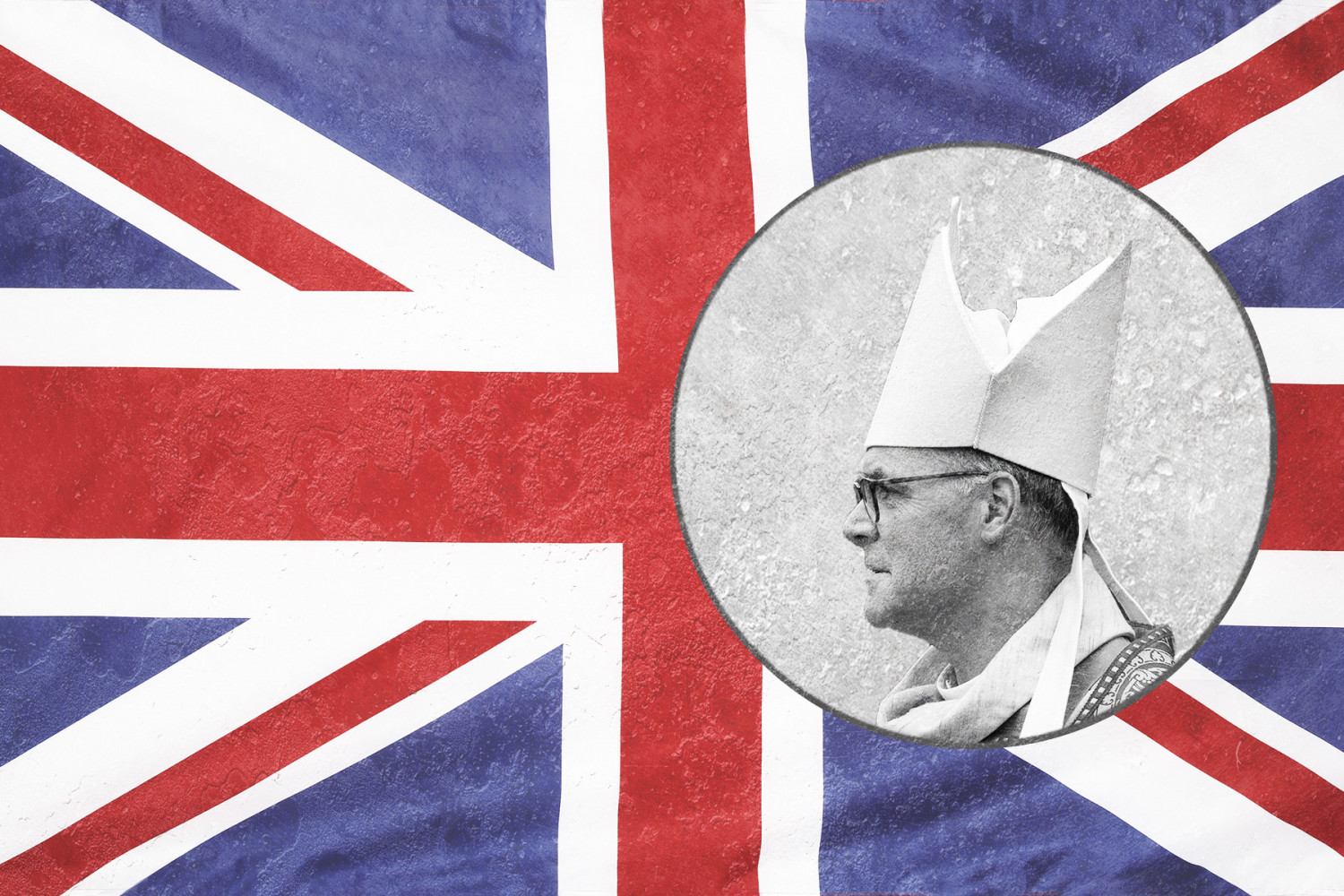 As someone born 10 years after Queen Elizabeth the Second ascended the throne, I have grown up, like most people in this country, as an Elizabethan. The Queen’s image is literally stamped on my life; her crowned head in profile on every postage stamp on every letter I have sent, and every bank note and every coin I have spent. Week by week, too, I have prayed for the Queen in church. She has been a stable and constant presence.
As someone born 10 years after Queen Elizabeth the Second ascended the throne, I have grown up, like most people in this country, as an Elizabethan. The Queen’s image is literally stamped on my life; her crowned head in profile on every postage stamp on every letter I have sent, and every bank note and every coin I have spent. Week by week, too, I have prayed for the Queen in church. She has been a stable and constant presence.
This month we have been marking the Platinum Jubilee of the Queen’s Accession. For most, this is the cause of rejoicing and celebration and, for all of us, it is a moment of reflection; reflection on who we are as a nation, the nature of government and the character and relevance of our institutions. For Christians, and especially Christians who are part of the Established Church, we may ponder too the complicated relationship between church and state.
The history of this relationship is found in our liturgy when we pray for the Queen during our intercessions or in the various Collects (special prayers) written for the Queen and Royal Family.
So, for example, in the Communion Service in The Book of Common Prayer of 1662, we pray for the Queen and that we, and all her subjects, would “humbly obey her”.
But this obedience is carefully hedged about. The king or queen does not have absolute or arbitrary power over those they rule but is accountable to God. She must know “whose minister she is" and “consider whose authority she hath”. The sovereign is to govern according to God’s “blessed Word and ordinance” and to seek the “honour and glory” of Almighty God. His or her heart is to be directed by the One who alone has “power infinite” and from whom all earthly power is derived. Christian Rulers may not simply do what they like but are bound by law and the high demands of the gospel. It has been the consistent witness of our Queen during her long reign that she has recognised that she is, first and foremost, God’s “chosen servant”.
Of course, our expectations of how we should be governed have evolved in the centuries since that Collect was written, but the basic principle is the same: those who have power are accountable for the way in which they exercise that power for the good of all. In a democracy, political leaders are accountable to Parliament, the law and to the electorate. Christians would add that all who govern are ultimately answerable to God. Anyone who has power of any kind and in any context should know “whose minister she (or he) is”.
In our own Queen’s lifetime, we have witnessed what happens when earthly rulers claim for themselves the “power infinite” that belongs to God alone and, today, in Russia (and elsewhere), we see again the full terrors of unaccountable government. In this year of the Queen’s Platinum Jubilee, we can give thanks that – imperfect though our democracy is – we live in a country where we enjoy the freedoms that exist because power is held to account. We should not take such freedoms for granted. We must continue to pray for those in authority and there is still plenty to be done in this country to share power more equally, but nonetheless we can be grateful for the stability we enjoy.
And do we exercise authority over others? We might also reflect on “whose minister” we are, especially if we have positions of responsibility in our workplace, community, or church. As we celebrate the Queen’s 70 years on the throne, we pray that we too may live according to God’s “blessed Word and ordinance” and seek God’s “honour and glory” in all things.
+Matthew
Rt Revd Martthew Parker, Bishop of Stafford